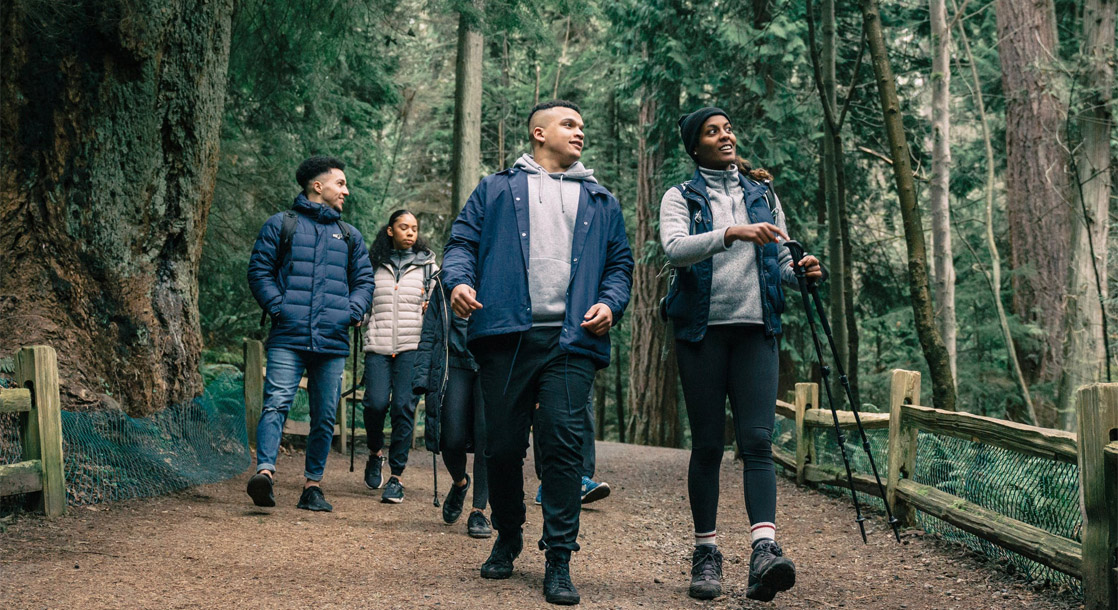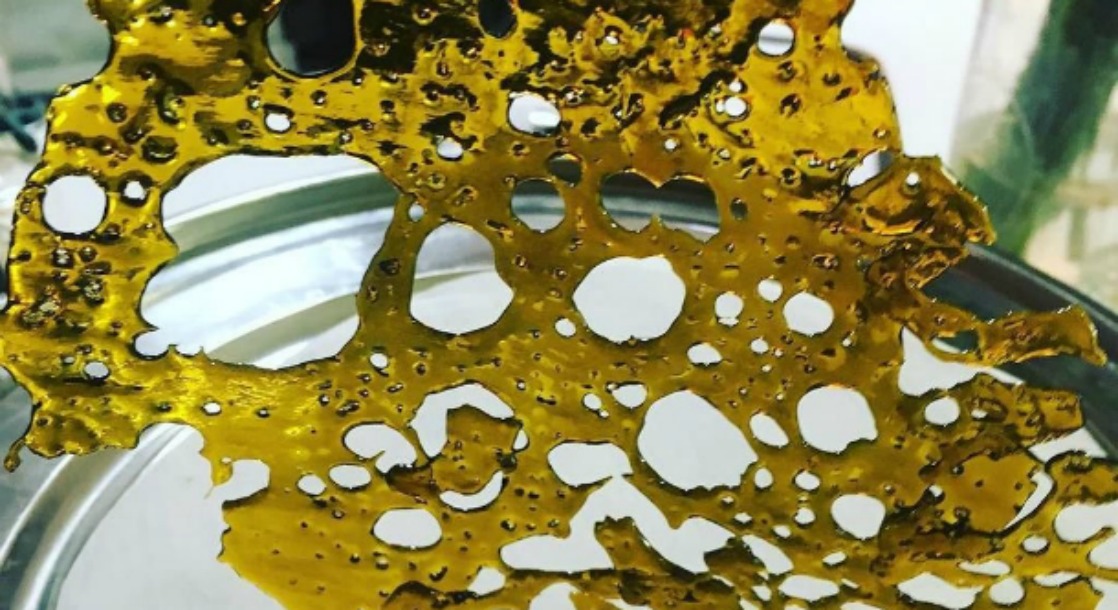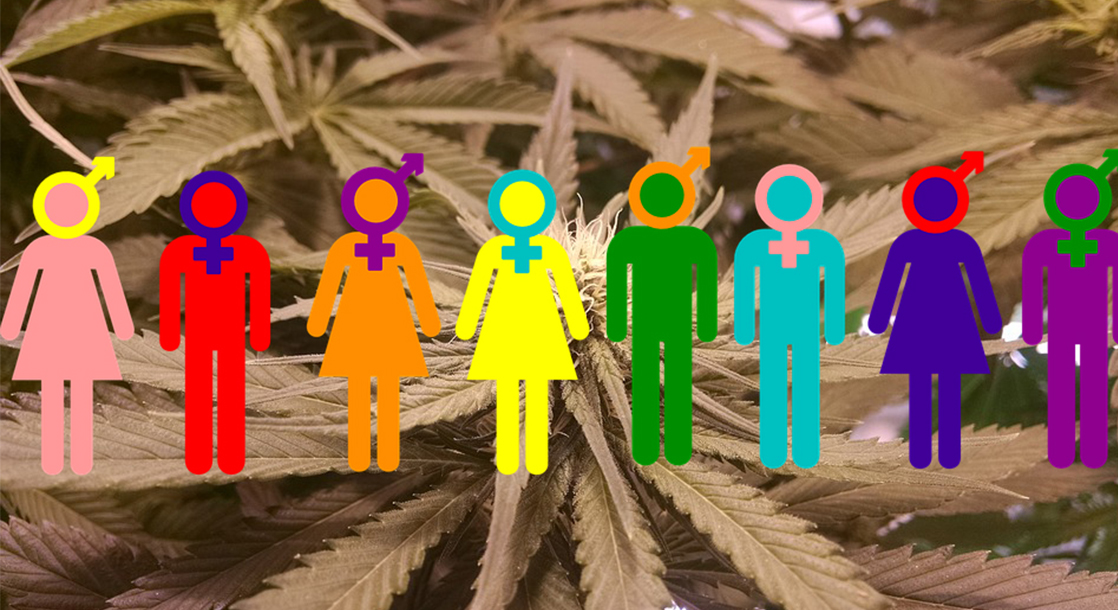Cover image via
Psychedelic-assisted therapy could help reduce feelings of fear or disconnection with nature, according to a new research review conducted by the Centre for Psychedelic Research at Imperial College in London.
The review, recently published in Health Psychology, suggests that psychedelic-assisted therapy could make people feel less alienated from nature. And in the most extreme cases, it could even help treat “biophobia” – an outright fear of being alone in the outdoors.
The researchers reviewed the current body of research on psychedelic- and nature-based therapies being used to treat depression, anxiety, and other common mental health issues. Prior studies have linked feelings of interconnectedness with nature to improved psychological health and well-being. Nature-relatedness, also known as nature connectedness, is considered a basic psychological human need and is associated with a wide range of mental and physical health benefits.
Researchers have also discovered that psychedelic medicines like psilocybin, ayahuasca, and mescaline can increase nature-relatedness. Last year, another study by Imperial College’s psychedelic research center found that a single dose of psychedelics could boost nature connectedness for as long as two years. Other studies have found that using psychedelics in natural settings can boost long-term feelings of interconnection with nature even more.
“There are huge inequalities in access to natural settings and opportunities to connect with nature,” said lead researcher Sam Gandy to Forbes. “Overuse of electronic entertainment technology, particularly among the young, appears to be fanning the flames of nature disconnect. Biodiversity loss is also an issue, with the United Kingdom considered one of the most nature-depleted parts of the world.”
The synergy between psychedelics and nature could also be used to enhance the psychologically soothing effects of psychedelic therapy for treating depression, anxiety, or PTSD. Researchers and therapists have so far been hesitant to conduct these therapy sessions outdoors, though, because they are unable to predict or control natural events like weather, interactions with animals, or interference from other people.
“Natural settings are inherently unpredictable and more uncontrolled than the much more tightly controlled and secure clinical setting,” Gandy explained to Forbes. “In a clinical context, it isn’t feasible to take people out into nature at this time. But that does not mean that elements of nature can’t be brought into the clinical space when administering therapeutic psychedelics.”
The study authors suggest that adding natural elements like plants, nature photography, and nature-based backdrops or art can enhance the effectiveness of psychedelic therapy. Therapists could further enhance connections with nature by creating hybrid indoor/outdoor clinics involving sheltered gardens, large skylights, and windows. Researchers also theorize that people undergoing psychedelic therapy could benefit from nature immersion or horticultural exercises either immediately before or after their therapy sessions.
“Aside from their intrinsically psychologically restorative and soothing qualities, nature-based settings could enhance some aspects of the preparation and integration phases of psychedelic therapy, and could under certain circumstances be used for psychedelic sessions themselves, without any neglect of vital safety concerns regarding safeguarding vulnerable people under the influence of psychedelics,” the study concluded. “Such settings have the potential to reduce anxiety and rumination, increase mindfulness, and elicit transcendent experiences and feelings of awe and connectedness.”











